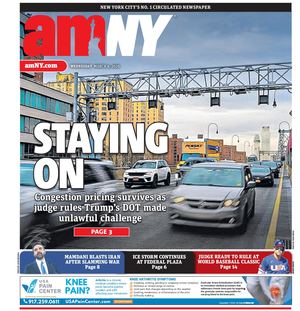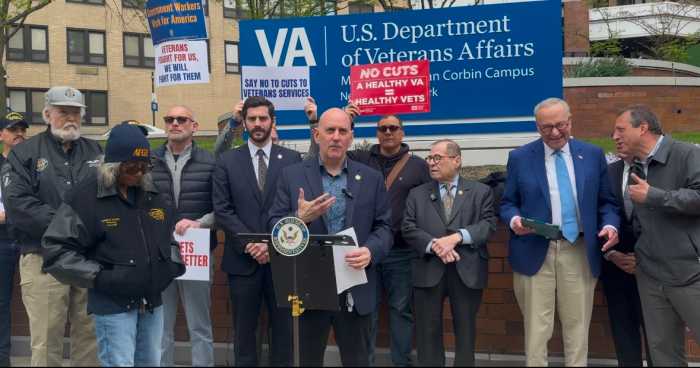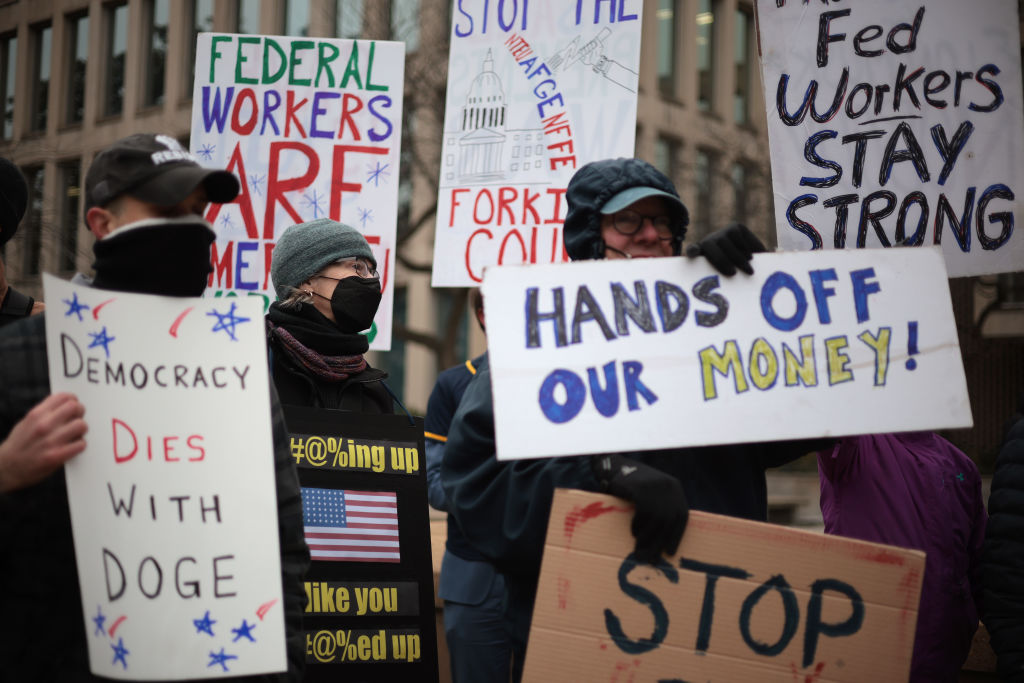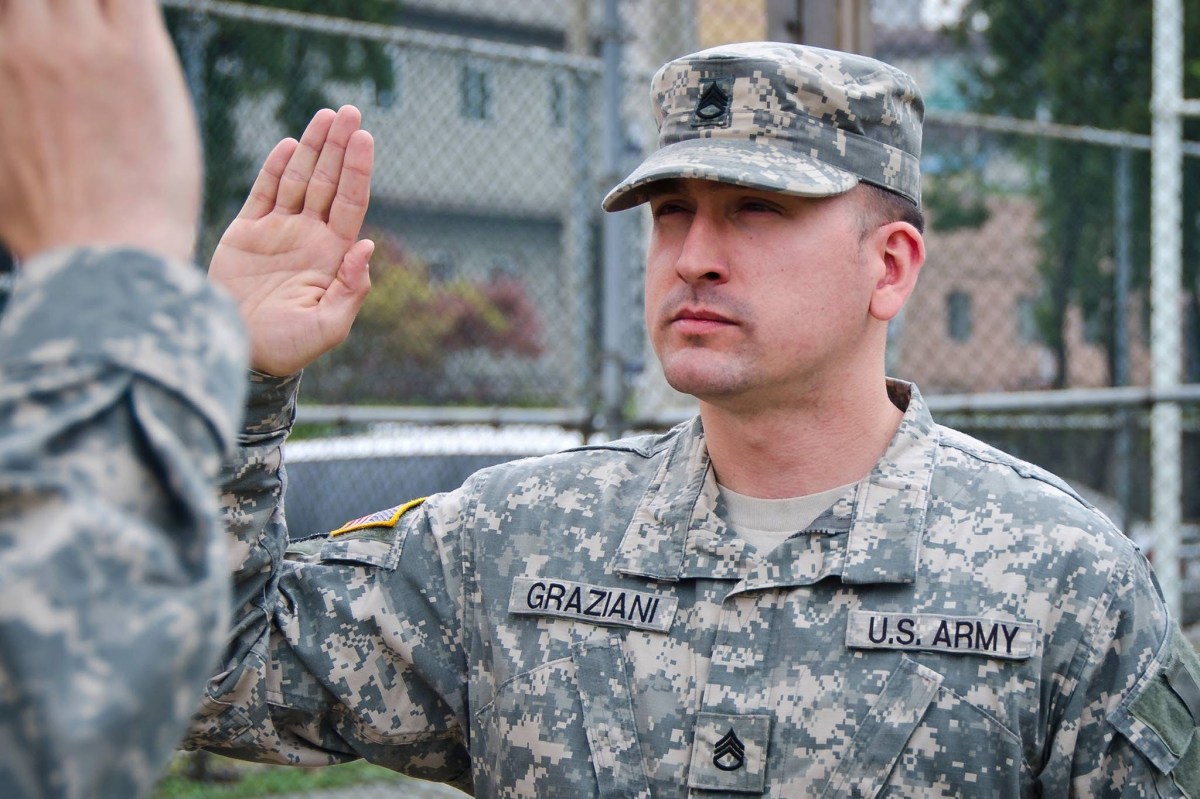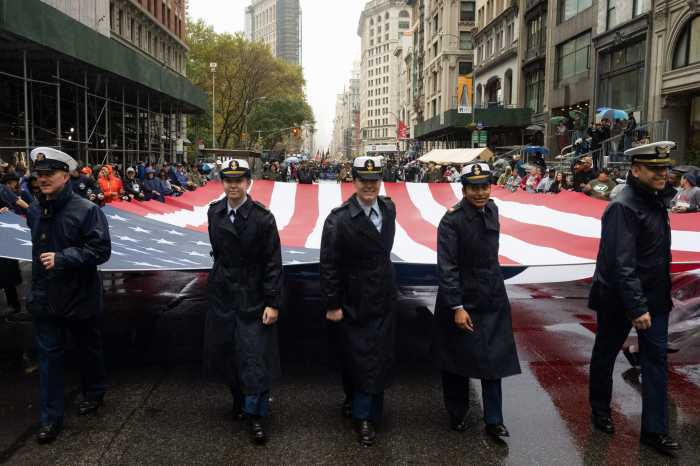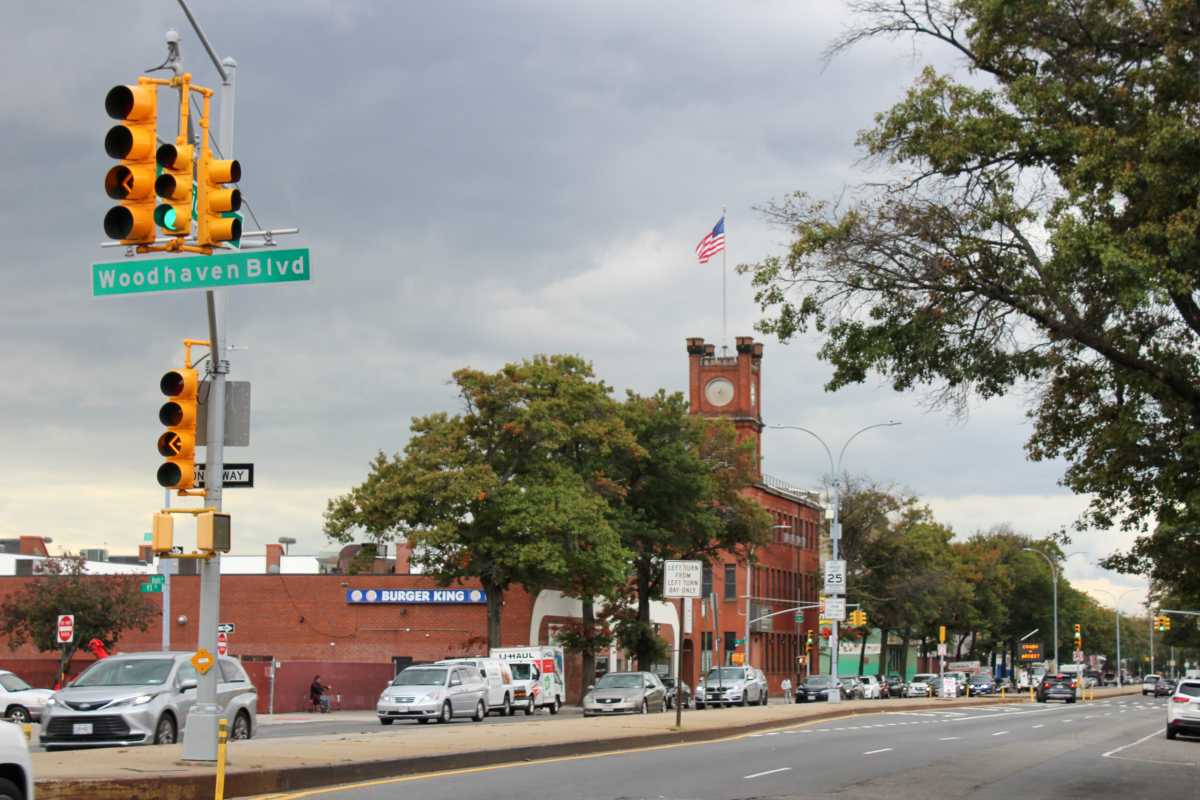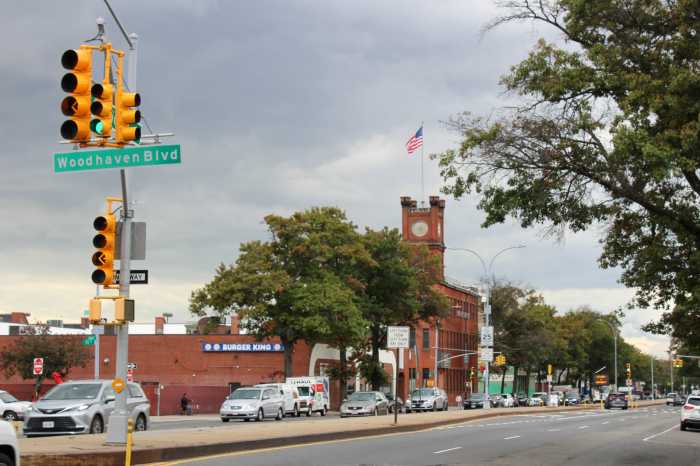Just over a week ago, the New York City Council released its first-ever Municipal Services Report Card. For the city’s Department of Veterans’ Services (DVS), the grade was a sobering “C.”
For longtime veterans’ advocates like myself, this wasn’t a surprise, it was a confirmation of what we’ve been seeing on the ground for some time. In my February 2024 amNY op-ed, I highlighted how the Adams administration has failed to deliver on its promises to the veteran’s community, particularly by refusing to increase the agency’s budget.
That hasn’t changed. More than a year later, the Council’s findings reflect what veterans and their families have been experiencing over the past several years: a disconnect between the agency’s claims and its real-world performance.
The report highlights several serious issues, including inadequate outreach, poor collaboration, particularly with other city agencies, and a lack of publicly available short and long-term strategic plans. These aren’t just administrative gaps. They have real, everyday consequences.
As a veteran and former member of the city’s Veterans Advisory Board, I’ve seen how these failures directly impact the community DVS is supposed to serve. And while the agency has added new programs in recent years, it’s done so without increased funding. The result? Burnout among front-line staff and diminished service quality.
DVS Resource Centers are understaffed, and the current VetConnectNYC system – intended to streamline access to services – is currently little more than a Microsoft form where requests often disappear and follow-ups are inconsistent. As a result, veterans are left frustrated while nonprofit partners, many facing their own capacity and funding challenges, are stretched thin trying to fill the gaps.
Most troubling, the report highlights an erosion of trust between DVS and the veteran’s community, with forty-eight percent of veterans unaware of DVS services. And with more than half of the city’s veterans over age 64, the agency’s digital-heavy outreach strategy is leaving too many behind.
Despite branding itself as an agency that “connects, mobilizes, and empowers” veterans, DVS still struggles with transparency, accountability and responsiveness. The disconnect between how the agency grades itself and how veterans experience it couldn’t be clearer. And this isn’t just a management issue; it’s a leadership one as well. What DVS needs isn’t more PR or optics. It needs a clear public strategic plan, real and measurable performance goals, and genuine community engagement.
The Council’s report is a first step. But it must be followed by real action: a mayoral administration that prioritizes veterans along with consistent Council oversight. Most importantly, veterans must have a seat at the table to help shape the agency’s path forward.
Veterans kept their promise to this city and this country. It’s time the city kept its promise to them. That starts with treating this “C” grade not as a crisis to be managed, but as the wake-up call it is.
Because if we can’t get this right, what does that say about who we are as a city?
Joe Bello served 11 years in the U.S. Navy/Naval Reserve and has been a veteran’s advocate and organizer in New York City for over two decades. He is a former member of the City’s Veterans Advisory Board and the founder of NYMetroVets. On X: @NYMetroVets
